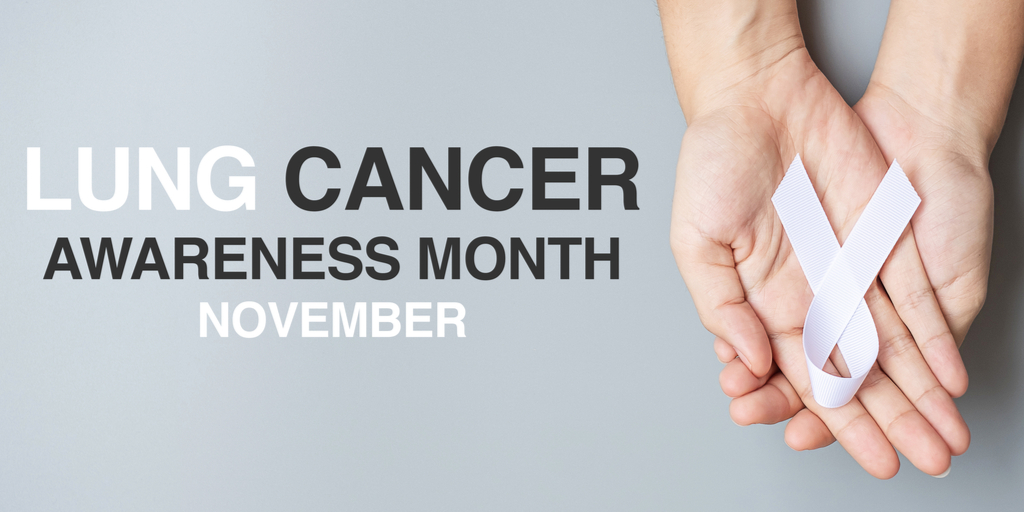
World cancer day 2022 – everything you need to know about cancer and critical illness cover

Today (4th February) marks World Cancer Day, a global initiative led by the Union for International Cancer Control, raise awareness, improve education and drive collection action in the prevention and treatment of cancer. With Macmillan estimating there to be around 3 million people in the UK living with cancer and that number expected to rise to 5.3 million by 2040, cancer is of particular relevance to the protection industry. We can play an important role in helping to raise awareness of the condition, provide clients with the tools and resources to manage their health and that all imortant protection if they are diagnosed with cancer.
Every year at Protection Guru we publish a number of insights to mark various cancer awareness days, examining how cancers are covered in critical illness plans and also how certain cancers are assessed at underwriting, if the client already has a history of having had that cancer. To mark World Cancer Day we bring you a round-up of all those insights.
Lung cancer
The week of the 14th-20th January marked Cervical Cancer Prevention Week, a week where health services and charities such as Jo’s cervical cancer trust come together to raise awareness about Cervical Cancer and how it can be prevented. Cervical cancer is the most common cancer in women under the age of 35, however there are many things that women can do to reduce their risk. In this article we asked our doctors to explain what this form of cancer is, the risks, how it can be prevented and how critical illness plans cover the condition.
OVARIAN CANCER
UK survival rates for ovarian cancer are among the worst in Europe and the condition is widely recognised as the biggest gynaecological killer of women in the UK. In order to increase awareness, the month of March is dedicated to ovarian cancer awareness in order to raise funding and provide more research into the disease with the aim of improving the quality of life and survival rates for those affected. To support this and help raise further awareness, we have asked our doctors to explain ovarian cancer in more detail and highlight how critical illness plans of today cover the condition.
All types of cancer
Thursday 4th February marked the 21st World Cancer day. This initiative which is led by the Union of International Cancer Control (UICC) aims to raise awareness, improve education and catalyse personal, collective and government action in order to prevent more cancer deaths and ensure that treatment and care is equal to all. In order to do our part to help this massive cause, we asked our doctors to explain cancer in more detail and explore how this is covered in critical illness plans.
BRAIN TUMOUR
Brain tumour awareness month is an initiative that was launched in 2004 by the founding members of Brain Tumour Research. It was launched to help increase awareness around the lack of funding into brain tumour research by the UK government and larger cancer charities. Benign Brain Tumour commonly appears in claims statistics as one of the top five most claimed for conditions and in this article our doctors looked at how critical illness plans cover this and other brain tumours.
bOWEL CANCER
It is estimated that someone in the UK is diagnosed with bowel cancer every 15 minutes. If caught early enough the survival rates are excellent, however like with most cancers the later bowel cancer is diagnosed the worse the prognosis. Bowel Cancer UK have dedicated the month of April to bowel cancer awareness and aim to increase knowledge of the symptoms in order to reduce the number of people dying from the disease each year. To support this important cause we asked our doctors to provide details of the symptoms, risk factors, prognosis, treatment and how the condition is covered within critical illness plans.
PROSTATE CANCER
Every year Men’s Health Week, which this year ran from the 14th-20th June, seeks to raise awareness of health issues that disproportionately affect men and to focus on how they can manage their health better and seek treatment when problems do arise. The most common form of cancer in men in the UK is prostate cancer, so this is naturally often a focus of men’s health awareness initiatives. In support of Men’s Health Week we asked our independent panel of doctors to take a look at prostate cancer specifically, to help advisers better understand how it is diagnosed, its prognosis and how it is covered within critical illness plans.
CERVICAL CANCER
Gynaecological Cancer Awareness Month, which takes place every September and was established by the Foundation for Women’s Cancer, aims to bring recognition and awareness of all gynaecological cancers. In support of this initiative we will be publishing two insights, focusing on two of the most common gynaecological cancers, the first of those looked at cervical cancer.
underwriting BREAST CANCER
To coincide Brest Cancer Awareness Month and in support of improving insurance access to those with a history of breast cancer, we published two insights on how the condition is underwritten. The first insight looked at how insurers treat a breast cancer disclosure from the applicant themselves.
FAMILY HISTORY OF BREAST CANCER
The second of our underwriting focused insights to mark Breast Cancer Awareness Month looked at the risks where there is a family history of breast cancer and how insurers underwrite this and what terms may be offered to clients.



























